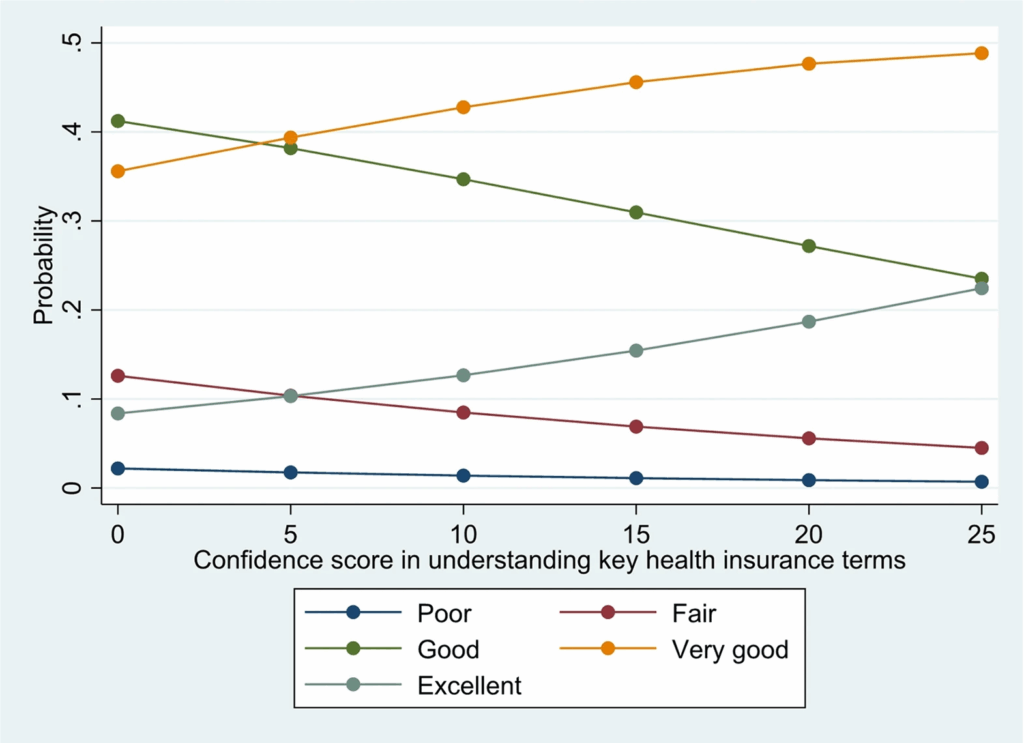Knowledge Is Care: Why Understanding Your Health Insurance Matters
People who felt more confident in their health insurance knowledge were more likely to report they were in “very good” or “excellent” health.

Read Time: 2 minutes
Published:
For many Americans, understanding their health benefits is like trying to interpret a foreign language. According to a 2019 study, over half of adults report inadequate knowledge of basic health insurance terminology, and 48% have low confidence in their ability to use their insurance to access essential health care services properly.
Understanding health insurance (or health insurance literacy) safeguards both your wallet and your health. Health insurance literacy directly impacts how you make informed decisions about your health and well-being.
When people understand how their insurance works, they’re better at using it, whether that means scheduling checkups, getting screenings, or seeking care when something feels off. Those who are confused by their coverage may delay care or avoid it altogether, potentially causing lasting harm to their quality of life. Worsening symptoms, missed diagnoses, and higher mortality are common when people forgo health care.
Echu Liu and coauthors analyzed data from 61,895 adults aged 18 to 64 to understand how insurance literacy may be connected with perceived health. The study drew on data from the Health Reform Monitoring Survey (2013-2017). Participants reported how confident they were in understanding common insurance terms and rated their health on a scale from poor to excellent.

People who felt more confident in their insurance knowledge were significantly more likely to report they were in “very good” or “excellent” health. On the other hand, those with lower confidence were more likely to rate their health as “fair” or “poor”. The result also highlighted how social factors can affect perceptions of well-being.
The study echoed well-established trends showing that higher income and education levels are linked to better health. In contrast, those with lower income or limited education were less likely to report excellent health.
Since the study focused on how people felt about their health rather than concrete health outcomes, and participants defined their own confidence levels, the study findings are not definitive. Even so, the results emphasize the value of health insurance literacy in reducing equity gaps and improving access to care. Programs like Coverage to Care or other community initiatives can help simplify insurance.
Health insurance speaks its own language. Those who understand it can access care more easily; those who don’t often see their benefits get lost in translation.



